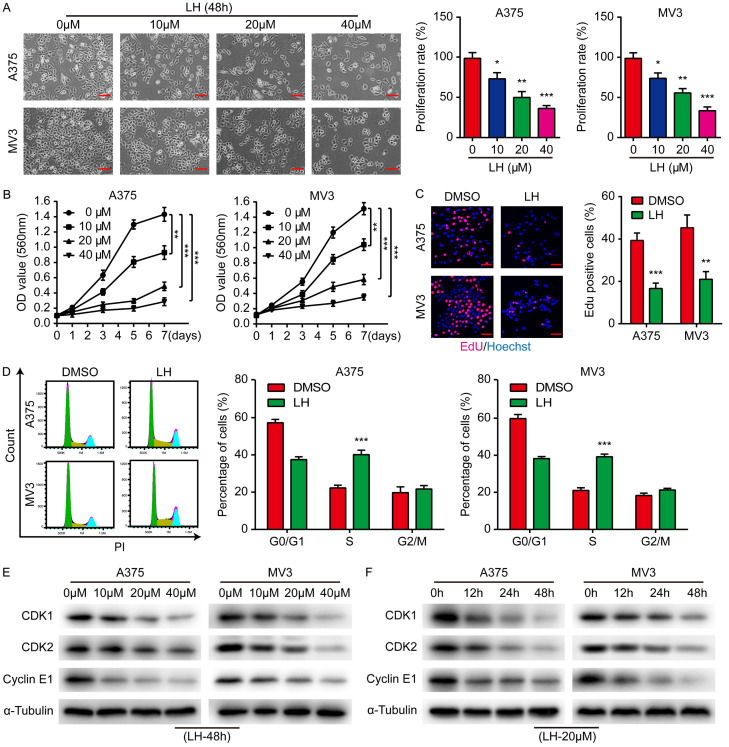Shaomin Shi
Shaomin Shi
1Department of Dermatology, The Third Hospital of Hebei Medical University, Shijiazhuang 050000, Hebei, China
2Department of Dermatology, The Fifth Hospital of Shijiazhuang, Shijiazhuang 050000, Hebei, China
3State Key Laboratory of Silkworm Genome Biology, Southwest University, Chongqing 400715, China
4Cancer Center, Medical Research Institute, Southwest University, Chongqing 400715, China
1,2,3,4,*,
Chongyang Li
Chongyang Li
3State Key Laboratory of Silkworm Genome Biology, Southwest University, Chongqing 400715, China
4Cancer Center, Medical Research Institute, Southwest University, Chongqing 400715, China
3,4,*,
Yanli Zhang
Yanli Zhang
1Department of Dermatology, The Third Hospital of Hebei Medical University, Shijiazhuang 050000, Hebei, China
1,
Chaowei Deng
Chaowei Deng
3State Key Laboratory of Silkworm Genome Biology, Southwest University, Chongqing 400715, China
4Cancer Center, Medical Research Institute, Southwest University, Chongqing 400715, China
3,4,
Mengqin Tan
Mengqin Tan
3State Key Laboratory of Silkworm Genome Biology, Southwest University, Chongqing 400715, China
4Cancer Center, Medical Research Institute, Southwest University, Chongqing 400715, China
3,4,
Guangzhao Pan
Guangzhao Pan
3State Key Laboratory of Silkworm Genome Biology, Southwest University, Chongqing 400715, China
4Cancer Center, Medical Research Institute, Southwest University, Chongqing 400715, China
3,4,
Juan Du
Juan Du
1Department of Dermatology, The Third Hospital of Hebei Medical University, Shijiazhuang 050000, Hebei, China
1,
Yacong Ji
Yacong Ji
1Department of Dermatology, The Third Hospital of Hebei Medical University, Shijiazhuang 050000, Hebei, China
1,
Qian Li
Qian Li
1Department of Dermatology, The Third Hospital of Hebei Medical University, Shijiazhuang 050000, Hebei, China
1,
Hanghua Liang
Hanghua Liang
3State Key Laboratory of Silkworm Genome Biology, Southwest University, Chongqing 400715, China
4Cancer Center, Medical Research Institute, Southwest University, Chongqing 400715, China
3,4,
Wei Liu
Wei Liu
1Department of Dermatology, The Third Hospital of Hebei Medical University, Shijiazhuang 050000, Hebei, China
1,
Leiyang Guo
Leiyang Guo
1Department of Dermatology, The Third Hospital of Hebei Medical University, Shijiazhuang 050000, Hebei, China
1,
Gaichao Zhao
Gaichao Zhao
3State Key Laboratory of Silkworm Genome Biology, Southwest University, Chongqing 400715, China
4Cancer Center, Medical Research Institute, Southwest University, Chongqing 400715, China
3,4,
Yaling Liu
Yaling Liu
1Department of Dermatology, The Third Hospital of Hebei Medical University, Shijiazhuang 050000, Hebei, China
1,
Hongjuan Cui
Hongjuan Cui
3State Key Laboratory of Silkworm Genome Biology, Southwest University, Chongqing 400715, China
4Cancer Center, Medical Research Institute, Southwest University, Chongqing 400715, China
3,4
1Department of Dermatology, The Third Hospital of Hebei Medical University, Shijiazhuang 050000, Hebei, China
2Department of Dermatology, The Fifth Hospital of Shijiazhuang, Shijiazhuang 050000, Hebei, China
3State Key Laboratory of Silkworm Genome Biology, Southwest University, Chongqing 400715, China
4Cancer Center, Medical Research Institute, Southwest University, Chongqing 400715, China
✉
Address correspondence to: Yaling Liu, Department of Dermatology, The Third Hospital of Hebei Medical University, No. 139, Ziqiang Road, Shijiazhuang 050000, Hebei, China. Tel: +86-0311-88602167; E-mail: yzling_liu@126.com; Hongjuan Cui, State Key Laboratory of Silkworm Genome Biology, Southwest University, No. 2, Tiansheng Road, Beibei 400715, Chongqing, China. Tel: +86-023-68251713; E-mail: hongjuan.cui@gmail.com
Received 2024 Sep 8; Accepted 2024 Sep 13; Collection date 2024.



